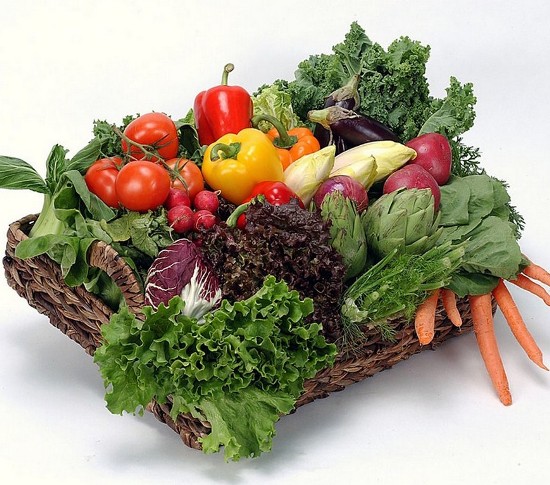If you are someone who is planning to grow an organic vegetable garden soon then you must know that this can be a very interesting and rewarding experience. But it is important to understand that a successful vegetable garden starts with a plan.
Thus one of the most important parts about growing an organic vegetable garden is its planning. So first you need to decide what to grow, how much space you have and when you wish to start with it’s growing. The following are some of the most important tips for organic vegetable gardening:
Be Creative
You can be very creative with your garden. Since there are so many fruits, vegetables, flowers and herbs you can grow, you can consider the space your playground and have fun with it. Not only can you create a wonderful looking space but also a high yielding one.
Container Gardening
If you have limited space for growing a garden, then you can consider container gardening. Containers can also be placed at entrances, decks, patios and other such areas. Most of the vegetables and herbs can grow well in containers especially if you pay enough attention to them.
Light, Size and Basics
It is important to remember that your herbs and vegetables need a lot of sunlight. They must be planted in raised beds so as to make good drainage possible. For this purpose use wood or rather chemically treated wood. Some of the shapes that you can choose include round, oval and kidney shapes. You can also make raised beds using sculptured cement blocks. Make sure they get a lot of sunlight and are not placed too close to the trees.
Which Vegetables and Herbs to Use
Another thing to consider when going for organic vegetable gardening is to consider which vegetables and herbs to grow. Try to choose a variety of colors to make your garden look beautiful. If you are planning to plant a crop, then make sure that you don’t them all at the same time.
Rather you can try planting small quantities at an interval of about two to three weeks so that you can enjoy the yield over a long period of time. Many plants grow well together for example, basil and tomatoes grow nicely together.  Another similar relationship is between corn, beans and squash. When they grow together, they grow pretty well.










